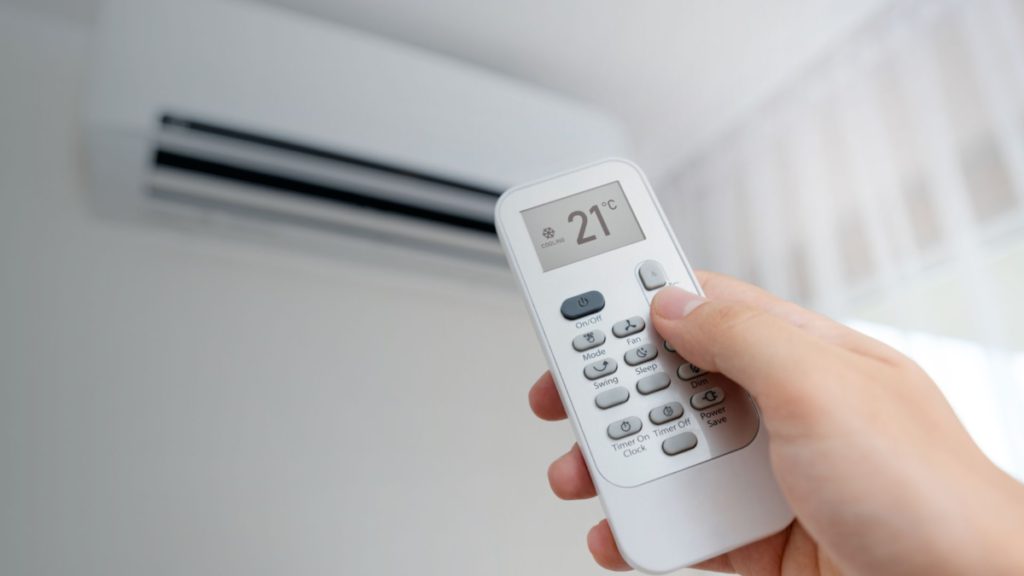Heating, Ventilation and Air Conditioning
Heating, Ventilation and Air Conditioning (HVAC) consists of systems and equipment to control and regulate temperature, humidity, airflow and air filtering between indoor and outdoor areas. Owning an HVAC system requires complex structures of ventilation – natural, mechanical and hybrid; set of equipment to generate heat – furnace, boiler or heat pump; and two-part or split system to cool circulating air – condenser coil, compressor, electrical components and water or coolant.
Overall, HVAC consists of many elements; as a result, it operates as an integrated system to provide you the maximum comfort through standard of living:
- Remove and dilute viruses from indoor air
- Reduce humidity
- Reduce risks of dehydration and heat stroke
- Conserve energy, fees and installation time
- Increase home value
- Mitigate infestations of insects and parasites
HVAC units can be found in apartments, hotels, senior living facilities, industrial and office buildings, restaurants, schools and family homes.
It is key to have the proper insurance coverage if you are a HVAC contractor or even a classic homeowner.
Risks in HVAC Systems
Furnace repairs, dirty filters, pilot outages, thermostat malfunctions, blown fuses and water leaks are frequent issues in HVAC systems. As a result, each issue is connected to the rest of the integrated system, making it a more difficult issue to fix. This can lead to high expenses in repairs, overworked systems that increase energy cost and strain on your physical health.
However, common problems within HVAC systems are negligence. When a HVAC system is installed, it can typically last between 10 to 25 years. With that, scheduling regular maintenance by a licensed contractor can slip out of people’s priorities.
Moral hazard is a negative mindset that will eventually cost you time, money and energy.
Home and Workplace
Natural or peril disasters are inevitable. Therefore, a homeowner’s insurance policy will cover HVAC systems in the case of high winds, thefts, fallen trees or fire.
Homeowners insurance will not cover an HVAC unit if you’re responsible for its damage. As a result, most policies will not allow you to file a claim if there is visible neglect on maintenance, such as wear and tear within the HVAC unit. In addition, certain catastrophes such as flash floods, hailstorms and earthquakes may not be covered, depending on your individual policy. This is a scenario that will be thoroughly investigated by a claims adjuster to ensure the claim corresponds to the coverage provided by the insurer.
It takes morals to ensure that you and your home or business are protected, and these sentiments can affect others as well. Choosing the right insurance policy depends on whether or not you are conscious of moral hazard.
Luckily, an insurance broker can help you find the right policy that can cover both disasters and accidents. Your broker will inform you on each clause of your policy by talking through the many resources you can use from additional premiums to extended coverages.
Moral Hazard
Is it in your nature to dismiss the need for insurance? Are you of the mindset that you need to take extra care and attention of your possessions? If you rely on your insurance, do you prioritize your own interests over those of others, and therefore treat your own products and services with the possibility of a significant loss?
Invest in an insurance broker to discuss your options and tools to set you up for maximum comfort and quality of life by answering these questions.
Refer to the resources below for more information on home maintenance schedules. Lastly, make sure you are working with a reputable HVAC contractor who will provide you with proof of their insurance as a precautionary measure to prevent putting your life at risk.
Additional resources:
https://www.techtarget.com/searchdatacenter/definition/HVAC
https://www.drhvac.ca/blog/health-benefits-air-conditioning/
https://jenningsheating.com/10-most-common-hvac-problems/
https://www.hippo.com/learn-center/does-homeowners-insurance-cover-hvac
